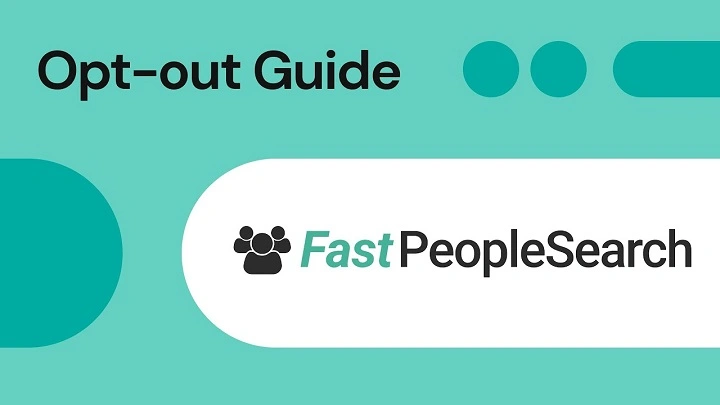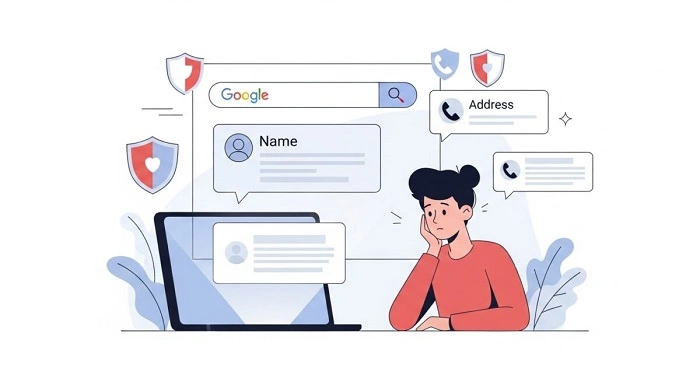Ever tried to find someone online? You know, like an old friend? Maybe you typed their name in Google. And boom – there’s this site called FastPeopleSearch. It pops up a lot, right?
People use it all the time. They want phone numbers. Or addresses. Maybe emails. Some folks are just curious. Others want to find old pals. And some? They just want to know who keeps calling them. Whatever the reason – this site is huge. Like, really huge.
But wait. What is this site anyway? What info does it show? Is it safe to use? Is it even legal? How right is the info? Can you take your stuff off it?
Let’s break it down. Nice and simple.
What This Site Really Is
So FastPeopleSearch? It’s a site that grabs public info. Then puts it all in one spot. Simple as that.
You get a search box. Type a name. Or a phone number. Maybe an address. Then bam – you get matches.
Think of it like a huge phone book. But online. And mixed with public records.
The site doesn’t hack stuff. Nope. It doesn’t break into your accounts. It just uses info that’s already out there. Public stuff.
Where does the info come from?
- Public records (like court stuff)
• Phone books
• Social media links
• Online lists
• Public databases
• Marketing info
• Address books
• Court papers
The point? To help you find basic info fast. Real fast.
Why Do People Use It?
Lots of reasons to search for people online. And this site makes it super quick.
Here’s why people use it:
- Finding old friends
You know, like that kid from third grade.
- Finding family
Lost touch with a cousin? This helps.
- Checking weird calls
Who’s this number? Let’s find out!
- Checking addresses
Does this person really live there?
- Being curious
Just want to know more about someone new.
- Moving somewhere new
Who lives in my new area?
- Staying safe
Who am I talking to? Is this person real?
Most people use it for good reasons. Nothing bad.
What Info Can You Find?
The site shows a lot. Like, a LOT. Some stuff is basic. Some are more detailed.
You might find:
- Full names
• How old they are
• Where they live now
• Where they lived before
• Phone numbers
• Who they’re related to
• Friends maybe
• Email addresses
• Social media stuff
• County records
• House details
• Photos (if they’re online)
Some people have tons of info. Others? Not so much. Depends on what’s out there.
Why So Much Info?
People freak out when they see their info online. But here’s the thing – most of it was already public. It comes from:
- Phone companies
• Voting records (yep, those are public)
• House ownership files
• Business stuff
• Court papers
• Your online profiles
• Data brokers (companies that sell info)
• Marketing lists
FastPeopleSearch just puts it all together. That’s why it feels like so much.
Is It Free?
Yep! Basic searches are free. Search names. Search numbers. Search addresses. No money needed.
But wait. Some extra details? Those might send you to other sites. Those sites might charge money.
The main site though? Totally free.
How Right Is The Info?
It’s okay. Not perfect though. Sometimes they mix up people with the same name. Some info is old. Like, really old. Some addresses? From years ago. Phone numbers? Might belong to someone else now.
Good for quick checks. Bad for serious stuff.
How accurate depends on:
- How common the name is (John Smith? Good luck!)
• How new the records are
• Did the person move?
• Do they use lots of numbers?
• Did they remove their info before?
Always double-check. Always.
Is It Safe to Use?
The site itself? Yeah, it’s safe. Won’t hurt your computer or anything.
But here’s the thing. Your info being there? That might not feel safe. You know?
So the site is safe to visit. But your data being visible? That’s different.
Is It Legal?
Yep, totally legal. The site uses public records. Anyone can see those. They don’t hack. They don’t show secret stuff like passwords. No bank info either. Just public stuff.
But hey – you can still remove your info if you want.
Why Some People Hate It
Not everyone likes their info online. Seeing your address on a public site? Creepy, right?
People worry about:
- Privacy (duh)
• Old info that looks bad
• Safety stuff
• Wrong person confusion
• Unwanted attention
• Stalkers (scary but real)
That’s why lots of people remove their info.
How to Remove Your Info
Good news! You can delete your stuff. It’s pretty easy.
Here’s how:
- Go to their removal page
- Search for yourself
- Pick your profile
- Give your email
- Confirm it
- Wait a bit
It takes a few days. But heads up – it might come back. New public data = your info shows up again.
Why Your Info Is There (Even Though You Didn’t Share It)
“But I never gave them permission!” I hear you.
True. But they don’t need it. The data comes from:
- Public phone books
• Court lists (public ones)
• Property files
• Online businesses
• Database companies
• Old phone records
• Data brokers selling lists
If your info is public anywhere? It can end up here.
Also Read: Sid the Sloth: The Funny, Clumsy Guy We All Love from Ice Age
Should You Use It?
Maybe. Let’s look at both sides.
Good stuff:
- Easy to find info
• Free!
• Great for reconnecting
• Helps with unknown calls
• Simple searches
Bad stuff:
- Not always right
• Shows private info
• Mixes up similar names
• Feels creepy
• Info comes back after removal
Use it nicely. Don’t stalk people. Don’t be weird. Just use it for good reasons.
How It Compares to Other Sites
Lots of similar sites exist. But FastPeopleSearch is known for being:
- Faster (duh)
• Free
• Simple
• Easy to use
Other sites? They charge money. Or show less info.
People compare it to:
- Whitepages
• TruePeopleSearch
• Spokeo
• BeenVerified
• Intelius
FastPeopleSearch wins because it’s free. And fast.
So FastPeopleSearch? It’s a people finder site. It grabs public data. Shows it all in one place. People use it to find friends. Family. Phone numbers. Addresses. Basic stuff.
It’s easy. It’s free. That’s why everyone uses it.
But yeah – privacy is an issue. Your info might be there. Even if you didn’t add it. Good news? You can remove it.
Use it smartly. Check facts. Protect yourself. And remember – it shows public stuff. Not secrets.



